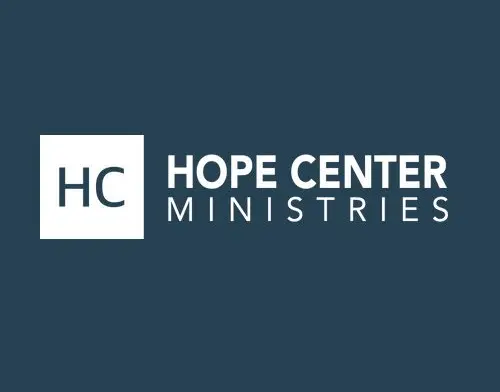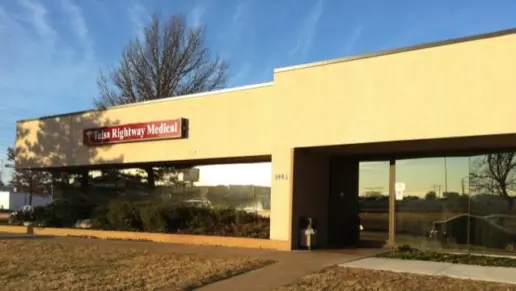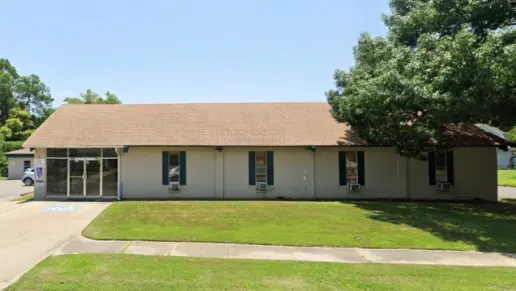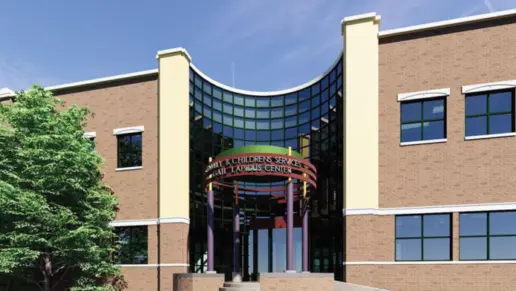I believe the hope center needs a lot more work. It's not meant to restore families. Before considering the program I believe people need to do more research on the completion rates and what families really feel towards the program not just to impress the leaders there durin ...
About Hope Center Ministries – Oklahoma City Men’s Center
Hope Center Ministries in Oklahoma City, Oklahoma, has designed its own three phase recovery program. They help men who are battling addiction through the different stages of recovery over the course of one year. Their mission is to lead clients and their families to become devoted followers of Christ.
Phase 1 is four weeks long and consists of a twelve step program, counseling, spiritual development, daily reflections, Bible study, family support and family visits. You’ll also have chores to do here and recreation time while receiving support from sponsoring churches like weekend services, pastoral care, and specific small group sessions.
Phase 2 is 40 weeks long. It has all of the elements of the first phase but the daily chores are mixed in or replaced by a total of 40 hours per week of vocational training. This job training program can help you and the other guys learn how to handle responsibilities and stress. That way, you can better deal with everyday life when you’re back out in the world.
Phase 3 lasts for eight weeks and keeps the elements of Phase 1 and residents are given more privileges or responsibilities as they get closer to living independently again. You’ll hone in financial skills while starting to earn income so you’ll have some spending money when you leave the center and you’ll have personal phone and driving privileges during this phase.
If you’re sent to Hope Center by a court or probation officer, they provide a liaison that handles those communications and paperwork so you can focus on your recovery.
Residents have access to a gym and a snack shack, and they have a Saturday Fun Day with activities like paintball, lake visits and even skydiving. They also have weekend retreats to beaches or mountains.
The full admission here is $700 but there may be some help if needed.
Rehab Score
Gallery
Location
Other Forms of Payment
Self-pay involves paying for treatment out of your own pocket. You can use savings or credit, get a personal loan, or receive help from family and friends to fund your treatment. If you don't have insurance or your insurance plan doesn't cover a specific program, self-pay can help ensure you still get the care you need.
Addiction Treatments
Levels of Care
Treatments
The goal of treatment for alcoholism is abstinence. Those with poor social support, poor motivation, or psychiatric disorders tend to relapse within a few years of treatment. For these people, success is measured by longer periods of abstinence, reduced use of alcohol, better health, and improved social functioning. Recovery and Maintenance are usually based on 12 step programs and AA meetings.
To address the issues of addiction, each drug rehab in Oklahoma is tailored to meet the individual's needs. Treatment may occur in a residential or outpatient setting, and may last from a few days to several months.
Opioid rehabs specialize in supporting those recovering from opioid addiction. They treat those suffering from addiction to illegal opioids like heroin, as well as prescription drugs like oxycodone. These centers typically combine both physical as well as mental and emotional support to help stop addiction. Physical support often includes medical detox and subsequent medical support (including medication), and mental support includes in-depth therapy to address the underlying causes of addiction.
Substance rehabs focus on helping individuals recover from substance abuse, including alcohol and drug addiction (both illegal and prescription drugs). They often include the opportunity to engage in both individual as well as group therapy.
Programs


Clinical Services
Research clearly demonstrates that recovery is far more successful and sustainable when loved ones like family members participate in rehab and substance abuse treatment. Genetic factors may be at play when it comes to drug and alcohol addiction, as well as mental health issues. Family dynamics often play a critical role in addiction triggers, and if properly educated, family members can be a strong source of support when it comes to rehabilitation.
Group therapy is any therapeutic work that happens in a group (not one-on-one). There are a number of different group therapy modalities, including support groups, experiential therapy, psycho-education, and more. Group therapy involves treatment as well as processing interaction between group members.
In individual therapy, a patient meets one-on-one with a trained psychologist or counselor. Therapy is a pivotal part of effective substance abuse treatment, as it often covers root causes of addiction, including challenges faced by the patient in their social, family, and work/school life.
Life skills trainings involve all the skills a person must have in order to function successfully in the world. These include time management, career guidance, money management, and effective communication. Truly successful addiction recovery is based on the ability to not only live substance-free, but to thrive. Life skills teaches the practical necessities of functioning in society, which sets clients up for success in life, and therefore sobriety.
Recreational therapy (aka therapeutic recreation) uses creative and fun activities to help with addiction recovery. Recreational therapists lead patients in entertaining and engaging activities like sports or games; art (drawing, painting, sculpture); drama, music, and dance; and/or community outings (field trips) to improve patients' physical, social, and emotional well-being.
Amenities
-
Private Setting
Staff

Founder
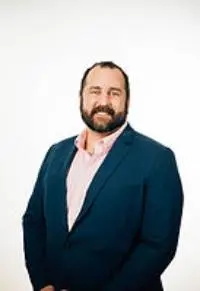
Admission, Oklahoma
Contact Information
5112 Gaillardia Corporate Pl
Oklahoma City, OK 73142
